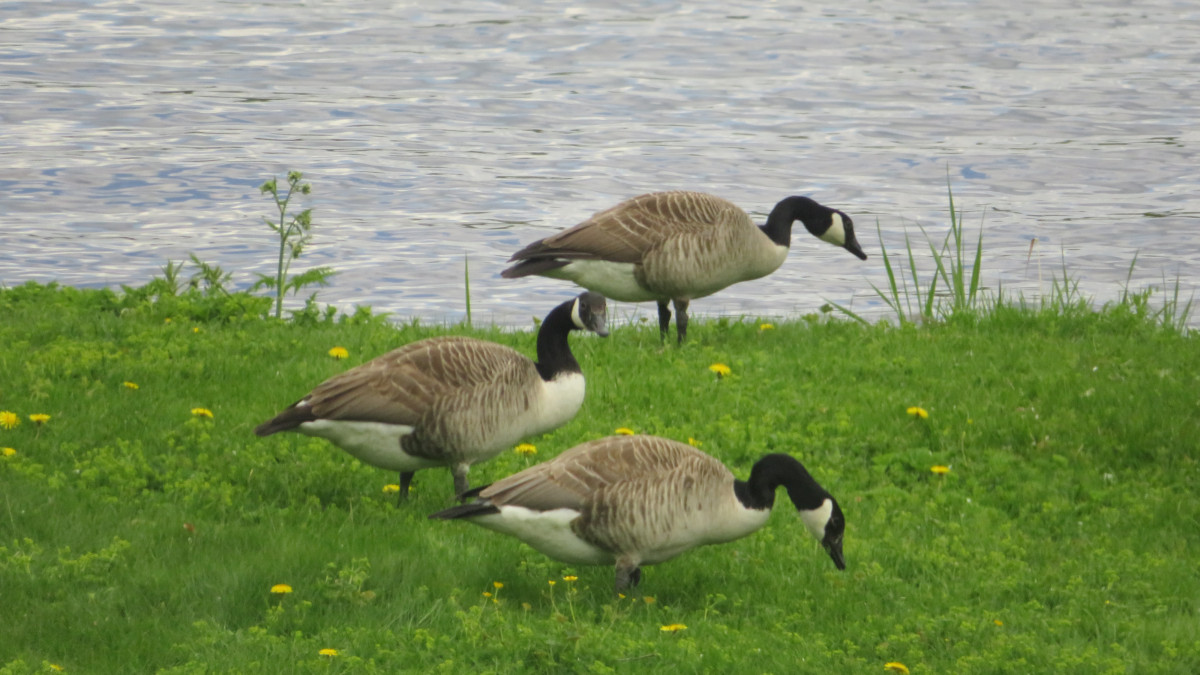
- Environmental protection
- Health surveillance
- Animals
- Decision
- Online transaction
- Contact us

Bird flu cannot be diagnosed based on clinical symptoms alone, as similar symptoms can be caused by many other factors. The final diagnosis always requires showing the virus from the animal's secretions or tissues. A single dead bird is not considered a bird flu suspicion, unless bird flu has been found in the area or it is a large bird of prey.
A single dead bird can be placed in a plastic bag in a dry waste container or buried in the ground using disposable gloves and moved with a shovel, for example. After burial, hands must be washed carefully with soap and water and disinfected with an alcohol-based hand sanitizer. In more remote areas, the bird can also be left to be used by nature's decomposers.
-- When handling dead birds, you should also remember the risk of salmonella, environment manager Sanna Hämäläinen recalls.
If mass deaths or illnesses of wild birds are observed, it is necessary to contact the municipality's veterinarian. For example, finding more than one swan, more than five other water birds or more than ten other dead birds in the same area can be considered a mass death. It is also good to report individual large birds of prey. The veterinarian will take care of sending any necessary samples to the Food Agency.
It is recommended to keep poultry indoors to prevent the risk of infection. However, keeping poultry indoors is not mandatory if the birds can be effectively protected from contact with wild waterfowl and birds of prey by fencing and covering the entire outdoor area with a sufficiently dense net or other similar means (for example, a solid roof).
Frequently asked questions about bird flu
environmental manager Sanna Hämäläinen, Imatra regional environmental agency, sanna.hamalainen imatra.fi (sanna[dot]hamalainen[at]imatra[dot]fi), tel. 020 617 1034
imatra.fi (sanna[dot]hamalainen[at]imatra[dot]fi), tel. 020 617 1034